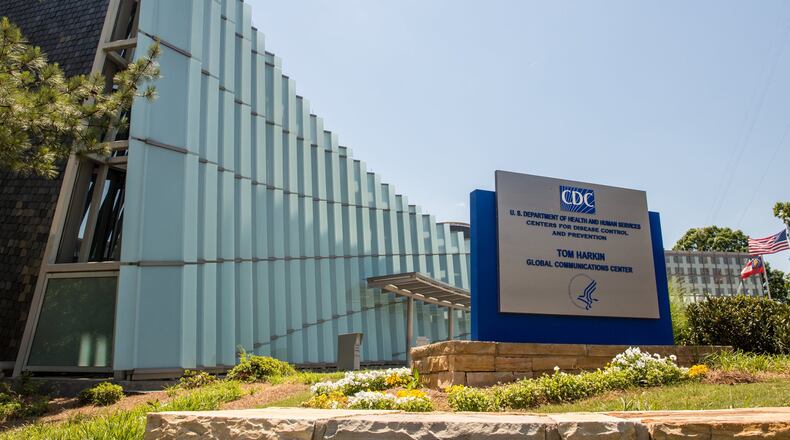The U.S. Centers for Disease Control and Prevention in a study released Thursday raised an alarm about black men in the South and HIV. They're not being diagnosed enough in traditional health care sites, the study found, so health workers need to seek them out in new places for testing and care.
The world that most media portray, where HIV-AIDS has been brought into the open and under control, is not theirs.
Black men represent an outsized proportion of new HIV cases. Nearly two-thirds of all black men diagnosed with HIV reside in the South, so the study looked at data from 2016 in 20 Southern states. The goal was to break down groups that are being diagnosed and treated effectively, where and how.
“Although black (men who have sex with men, or MSM) received 6 percent of the HIV tests provided, they accounted for 36 percent of the new diagnoses in non–health care facilities,” the study found.
“Black MSM in the southern United States are the group most affected by HIV, but only a small percentage of CDC tests in the southern United States are provided to this group,” it stated. “Increasing awareness of HIV status through HIV testing, especially among black MSM in the southern United States, is essential for reducing the risk for transmission and addressing disparities.”
The study recommends that testing outreach in nontraditional settings, and in agencies that also provide health care, can reach more of them.
The disparity is no surprise to organizations that do such work. As reported in an award-winning series in The Atlanta Journal-Constitution, stigma, poor education and access to health resources have helpled contribute to a dearth of timely testing in black men at risk for HIV/AIDS.
One local organization that does such outreach work, AID Atlanta, lost its CDC grant last year. It lost the grant shortly after being honored for that work.
The leadership at CDC changed this spring when Robert Redfield, a lifelong AIDS public health researcher, took over from Georgian Brenda Fitzgerald; Redfield's boss is now Health and Human Services Secretary Alex Azar, who took over following the resignation of Georgian Tom Price.
About the Author
Keep Reading
The Latest
Featured



